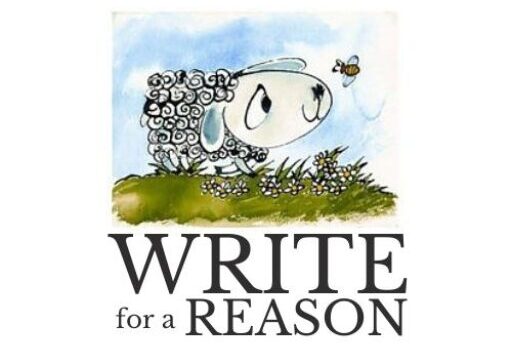Language evolves over time – it’s a fact of life. That’s why some of us don’t usually read the King James Version of the Bible . . . the language we use today has changed considerably since it was translated from the Greek and Hebrew in the early 1600s. Modern translations tend to speak to us more clearly, because they are closer to our everyday speech.
My dad used to call a coach a charabanc, a radio the wireless, the swimming pool the baths. 🙂 Did yours?

What was domestic science in my day is now food technology. I still tend to say video instead of film, movie or DVD . . . and I don’t think I’m alone! Wicked, cool, tablet, bugs (text, my husband has just reminded me!): these words have new and different meanings to the ones they did even a few years ago. Which brings me on to this week’s writing tip: we need to make sure the language we use in our stories will resonate with our readers.
It’s not just words, either; we have to watch the way our characters speak and relate to each other. The way we spoke to our parents, for example, is different to the way young people speak to their parents now. People I used to call Auntie Joan and Uncle Reg, or Mr and Mrs Smith, are now simply Reg and Joan, and conversation tends to be more relaxed between the generations.
If you write using language you used to use when you were a child, you may find yourself out of date. So what can you do to make sure your language is contemporary?
Here are three suggestions:
- Read newly released books for your target market. The more the merrier – you will get a feel for the language.
- Spend time with the children you are writing for. Talk to them. Ask them about their gadgets, their interests, what they do at school. Look up any words you don’t know!
- Listen to them when they are talking to each other and to authority figures. Be a fly on the wall. You are sure to learn a thing or two . . .
- When you have finished your story, ask a young person to read it through and point out anything old-fashioned. All advice is useful!

Hope that’s helpful! And don’t be put off if you are older . . . keep working on your story, because it’s unique. No one else can write it for you!
Until next time,
Janet
P.S. Do you have any old-fashioned words you remember the older generation using? Please write them in the comments below – let’s take a trip down memory lane!
P.P.S. Last call if you would like to join the Monthly Members for December – we are going to be looking at “Heroes”. And don’t forget the Write for a Reason course starts in January – hope to see you there!
